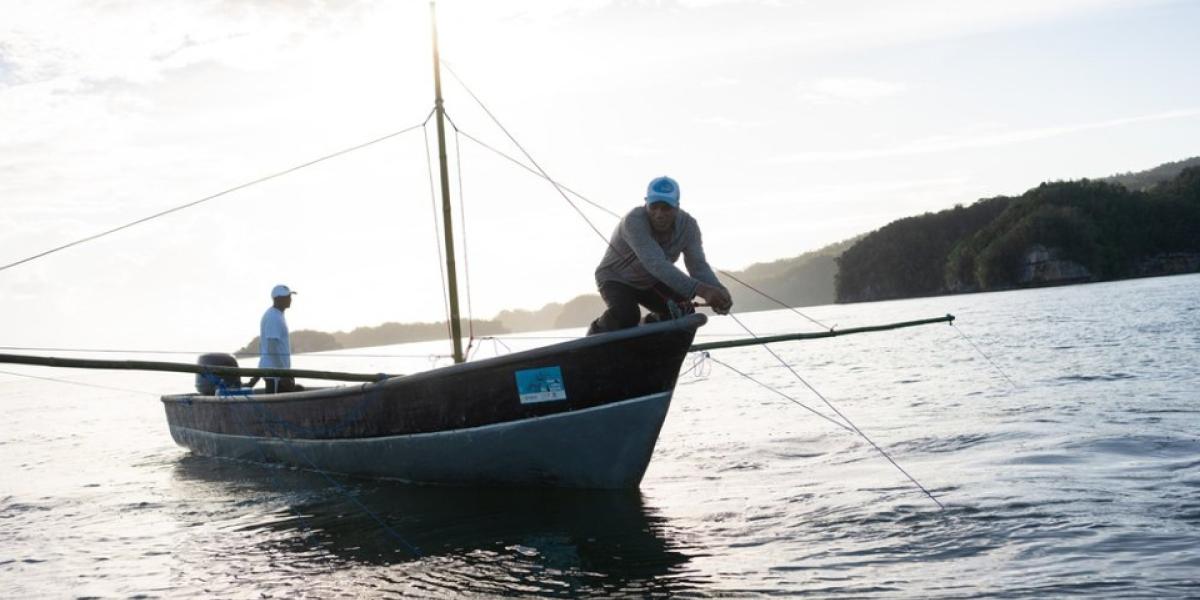
Thomas Cristofoletti
Style
Sustainable management and conservation of fisheries and other marine and coastal resources support countries in their journey to self-reliance and promote national security—particularly because more than 3 billion people worldwide depend on fisheries for their food security and jobs. Illegal, unreported, and unregulated (IUU) fishing comes at a high cost to people involved in catching, processing, and consuming seafood around the world.
In FY21, USAID invested more than $60 million in over 20 countries to promote sustainable fisheries and conserve marine biodiversity. The Agency’s work to combat illegal fishing focuses on strengthening resource governance and management and promoting seafood traceability.
Traceability is the ability to track the movement of seafood from its source to its end use. This practice can help expose illegal practices and create transparent supply chains that support marine sustainability and human rights. Through the Seafood Alliance for Legality and Traceability (SALT), USAID works with the Walton Family, Packard, and Moore Foundations to promote traceability and responsible fisheries. SALT amplifies learning from existing seafood supply chain initiatives and supports improved collaboration between actors, including governments, the private sector, and NGOs. The SALT website offers free tools, guidance on best practices, and opportunities to share traceability lessons and experiences.
In the Asia-Pacific region, the USAID Oceans and Fisheries Partnership has supported the Southeast Asian Fisheries Development Center, the Coral Triangle Initiative, and a wide range of public and private sector partners to combat IUU fishing and promote sustainable fisheries. USAID Oceans focused on electronic catch documentation and traceability, prioritizing species that are both vital for food security and economic growth and threatened by IUU fishing and seafood fraud.
USAID Oceans has:
- Used traceability technology to track approximately 30 metric tons of seafood from “bait to plate.”
- Improved management of more than 100 million hectares of biologically significant marine habitat.
- Trained an equal proportion of more than 1,500 women and men in program technical areas.
- Leveraged nearly $2 million in public and private sector partner funding to increase sustainability.
Spotlight on ECOFISH
In the Philippines, USAID’s Ecosystems Improved for Sustainable Fisheries (ECOFISH) project promoted good governance and management of wild-caught fisheries. Over five years, ECOFISH expanded habitat and fisheries management to 1.8 million hectares of municipal marine waters—an area larger than Connecticut and Delaware combined. Improved conservation and management also led to a 24 percent increase in fisheries biomass and a 12 percent increase in legal employment, while ensuring that benefits were equitably shared within communities.
